30+ Non-fiction Books for Kids They’ll Actually Love Reading
- Interesting Non-fiction Books for Kindergartners Children
- Best Nonfiction Books for Children (Age 6 and Above)
- FAQs
Reading is an important skill for a child’s overall development, and developing a love of reading in children from a young age is something that all parents should look into. Reading can help improve your child’s vocabulary and imagination. Now, in order to inculcate the habit of reading in your child, you might consider introducing fiction books, like unicorns, dragons, and magic. But if your child shows an inclination for books or stories that are inspiring, informative, or tell stories of people and the world, like talking about space exploration, learning about the rocks and vegetation in the Grand Canyon or deep trenches of the sea, or the achievements of Abraham Lincoln, we have got an amazing collection of non-fiction books for kids.
Children’s non-fiction books are appropriate to the age and offer a plethora of knowledge, which many parents often appreciate. So, go ahead, check out our fantastic collection of non-fiction books for 3rd and 4th graders and more age groups.
Interesting Non-fiction Books for Kindergartners Children
Kindergartners are extremely curious beings. To fuel their curiosity and develop a love for discovery in them, non-fiction stories filled with pictures and simple explanations can make learning both fun and exciting. Here are 10 interesting nonfiction books for preschoolers, along with why they’re worth reading.
1. National Geographic Little Kids First Big Book of Animals by Catherine D. Hughes
Packed with colourful photos and simple facts, this book introduces children to animals from around the world. It’s perfect for sparking curiosity about wildlife and nature.
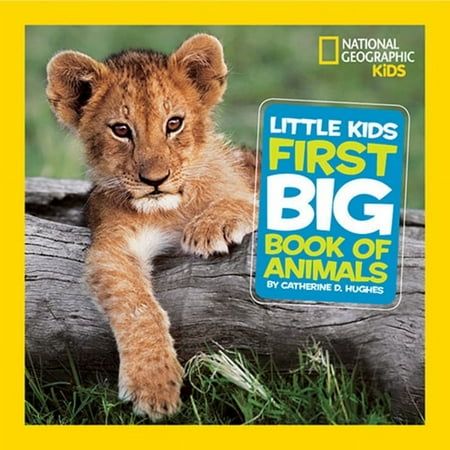
Image Credit: Pinterest
2. I Am Earth: An Earth Day Book for Kids by Rebecca and James McDonald
This book explains the importance of Earth in a fun, easy-to-understand way. It encourages kids to love and care for the planet.
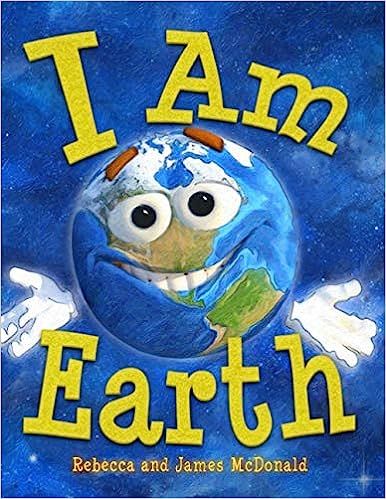
Image Credit: Pinterest
3. My First Book of Planets by Bruce Betts
A child-friendly space guide that explains planets with big, bright pictures. It’s a great way to start an early interest in astronomy.
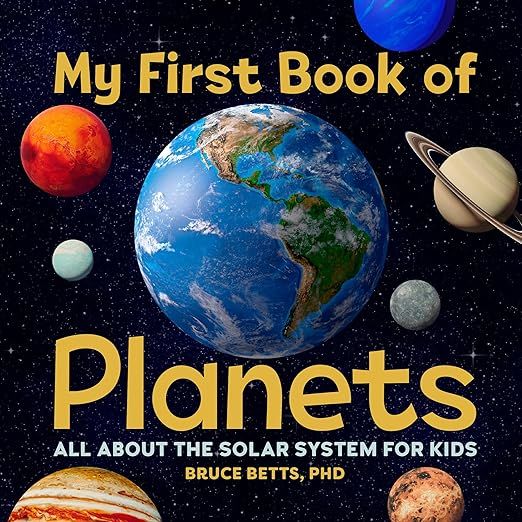
Image Credit: Pinterest
4. The Magic School Bus Inside the Human Body by Joanna Cole
This classic takes kids on a journey inside the body with fun illustrations and facts. It makes science both entertaining and educational.
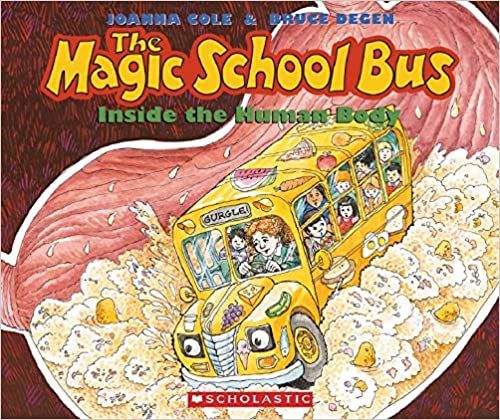
Image Credit: Pinterest
5. Over and Under the Pond by Kate Messner
A beautifully illustrated story that explores the hidden world above and beneath a pond. It helps kids understand ecosystems in a simple way.
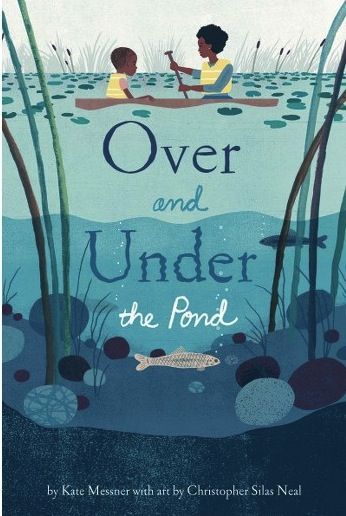
Image Credit: Pinterest
6. ABCs of Space by Chris Ferrie
An alphabet-style book that explains space terms for beginners. It’s engaging and makes big concepts feel approachable.
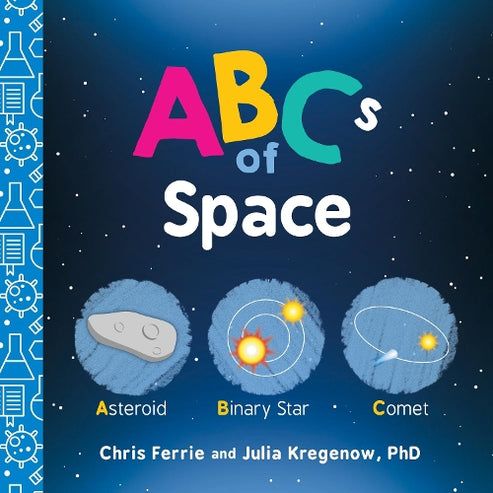
Image Credit: Pinterest
7. Who Would Win? Series by Jerry Pallotta
These books compare animals like sharks vs. alligators or lions vs. tigers. Kids love the fun matchups while learning real science facts.
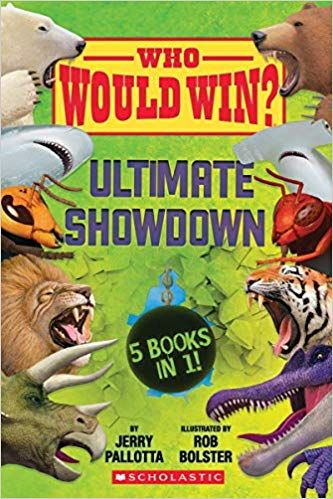
Image Credit: Pinterest
8. The Boy Who Grew a Forest by Sophia Gholz
Based on a true story, this book teaches the value of caring for the environment. It inspires kindness and responsibility toward nature.
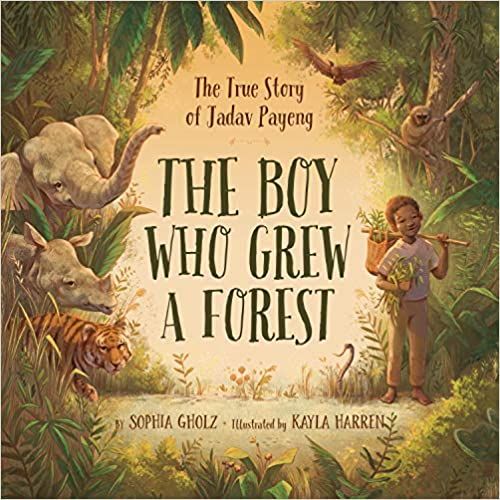
Image Credit: Pinterest
9. From Seed to Plant by Gail Gibbons
With simple text and illustrations, this book explains how plants grow. It introduces children to science in a way they can easily understand.
10. Sharks! (National Geographic Readers, Level 2) by Anne Schreiber
Exciting shark facts and photos make this a favourite. It keeps children hooked while teaching them about the ocean’s most fascinating creatures.
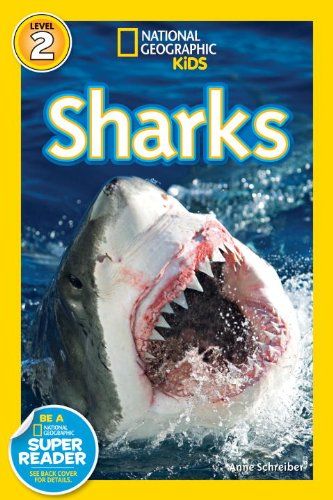
Image Credit: Pinterest
Best Nonfiction Books for Children (Age 6 and Above)
There are a plethora of nonfiction books that you can get for your child based on his interest. From books on nature to history to science, there are enough and more non-fiction books that will interest your child. Listed below are some of the best nonfiction books that you can buy for your child!
1. Earth! My First 4.54 Billion Years
Author: Stacy Mcanulty and David Litchfield
Why Your Child Should Read It
The book ‘Earth! My First 4.54 Billion Years’ is one of the best non-fiction books for children in kindergarten. In this book, the Earth tells its own story of evolution. The story is told in a hilarious and enchanting way. This informative book can acquaint your child with many interesting facts about the planet Earth and its magnificence in a fun way. The Kid-friendly facts in the book will keep your child yearning for more!
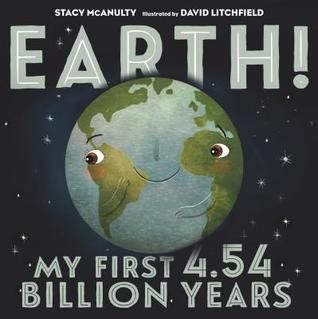
Image Credit: Pinterest
2. Hello, Hello
Author: Brendan Wenzel
Why Your Child Should Read It
The cute illustrations in this book are going to keep your child enthralled! ‘Hello, Hello’ is a popular non-fiction book for kindergarteners, and introduces them to various animals in a fun way. It consists of facts and information about different animals. The animals are grouped by colour, stripes, etc. This book will help your child learn the names of the various animals and will also teach him about animal conservation, as it also covers information about the extinction levels of animals.
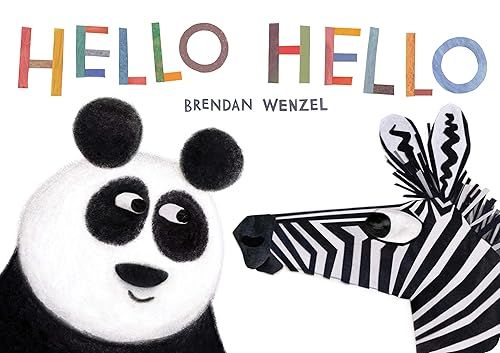
Image Credit: Pinterest
3. A Beetle Is Shy
Author: Dianna Hutts Aston and Sylvia Long
Why Your Child Should Read It
With a lively font, colourful art, and the cutest pictures, A Beetle Is Shy, is one of the best nonfiction books for preschoolers. With information on different varieties of beetles, how they survive, and more, this book has everything your child needs to know about beetles in an interesting and fun manner. This book also covers pretty fascinating facts about beetles, which your child would love to read. This colourful book can help improve your child’s imagination.
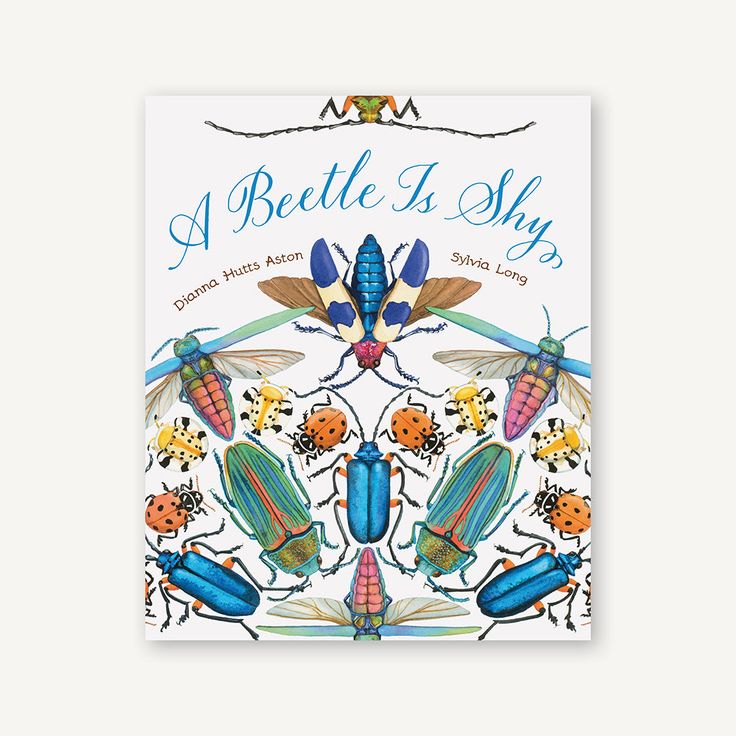
Image Credit: Pinterest
4. What Grows Underground
Author: Maria Fleming
Why Your Child Should Read It
What grows underground is a non-fiction picture book for preschoolers that guides them on how to read step-by-step. The book tells a story about a rabbit that goes on a mission to search for what grows underground. A small book that will explain to your child what grows under the ground using simple sentences. You can also teach your child how to colour using this book.
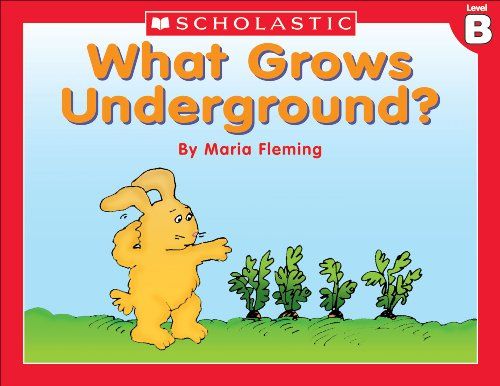
Image Credit: Pinterest
5. Curious Comparisons: A Life-Size Look at the World Around You
Author: Jorge Doneiger, Illustrated by Guido Chouela, David Sisso, and Marcelo Setton
Why Your Child Should Read It
Curious Comparisons is a special non-fiction book for kids, where humour meets science. The book is about how any big thing in the world comprises tiny, tiny objects and how a small, tiny object contributes to a greater good or goal. This is the first step that the child learns that no matter how small the creature or object is, it matters and contributes to the greater good. Filled with fascination, this book will hold your child’s attention and help him understand the little details of how everything is built.
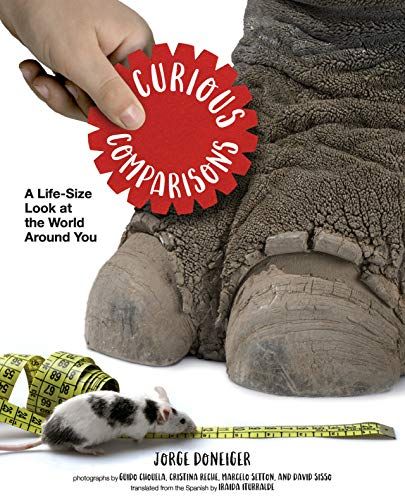
Image Credit: Pinterest
6. Ready, Set . . . Wait!
Author: Patti R. Zelch, Illustrated by Connie McLennan
Why Your Child Should Read It
Ready, Set… Wait! is a non-fiction book for kids that explains about a hurricane and what animals do before it comes. This book talks about how the animals sense, react and prepare in the face of a natural disaster. A truly informative story written in simple language that can be understood by any child. It helps a child understand a situation through an animal’s point of view.
7. Finding Winnie: The True Story of the World’s Most Famous Bear
Author: Lindsay Mattick
Why Your Child Should Read It
The non-fiction book ‘Finding Winnie’ is a true and moving story of a real bear that inspired the story of the classic children’s book, Winnie the Pooh. The story is of a soldier from World War I who saves a bear cub and brings it to Europe. He gives the bear Winnie to the London Zoo, where Winnie befriends Christopher Robin, son of A.A. Milne. And you know the rest!
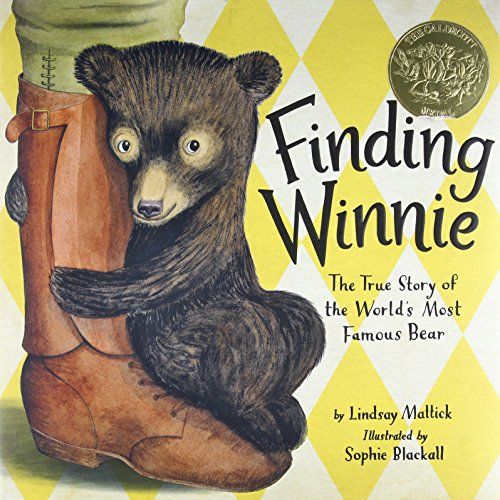
Image Credit: Pinterest
8. The Boy Who Invented TV: The Story of Philo Farnsworth
Author: Kathleen Krull
Why Your Child Should Read It
The Boy Who Invented TV is a non-fiction book for kids who love science and inventions. This book tells the story of a young boy’s journey from his farmland to becoming known for one of the most important inventions of today: the TV. The inspiring story can help your child understand the importance of small ideas and their link to science and technology.
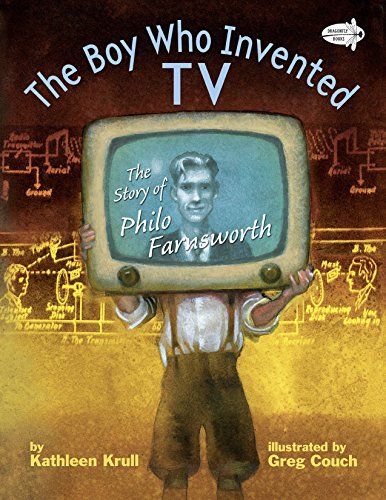
Image Credit: Pinterest
9. Little People, Big Dreams: Bob Dylan
Author: Maria Isabel Sanchez Vegara, Illustrated by Conrad Roset
Why Your Child Should Read It
Little People, Big Dreams is a nonfiction book for kids aged 4. This book includes an inspiring story of Bob Dylan, an iconic singer, poet, songwriter, and artist. The book tells the story of how Bob Dylan played with various bands in his teens and recorded several albums while growing up, ultimately becoming one of the most influential musicians of his time. This book contains information about the musician’s life and their journey. This inspires the child to be consistent with their dreams and achieve their dream with a lot of hard work.
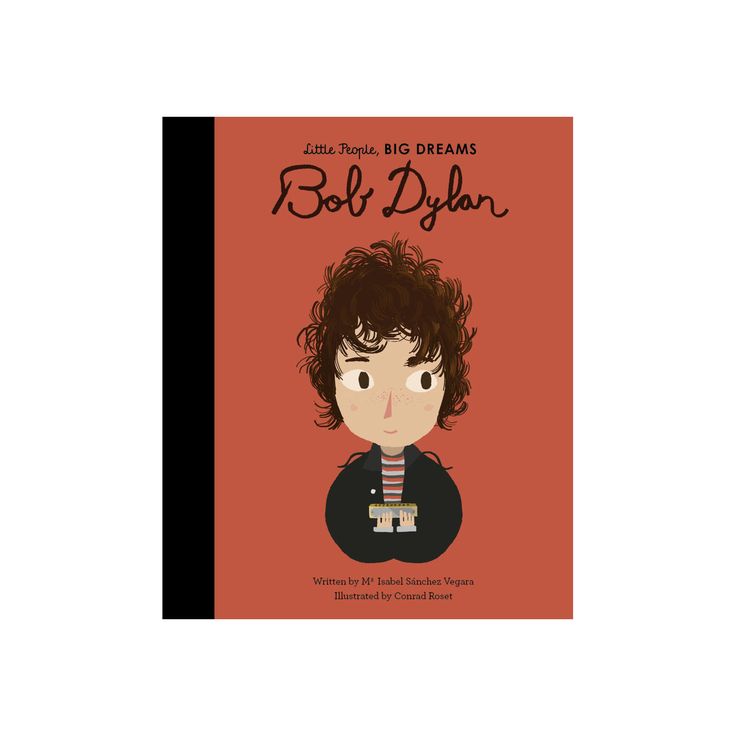
Image Credit: Pinterest
10. How to be Extraordinary
Author: Rashmi Sirdeshpande, Illustrated by Annabel Tempest
Why Your Child Should Read It
‘How to be Extraordinary’ is a book that comprises a collection of stories about famous and exceptional individuals, as well as lesser-known individuals who have achieved greatness. The stories of these people motivate young children to discover their potential and achieve great things in their lives.
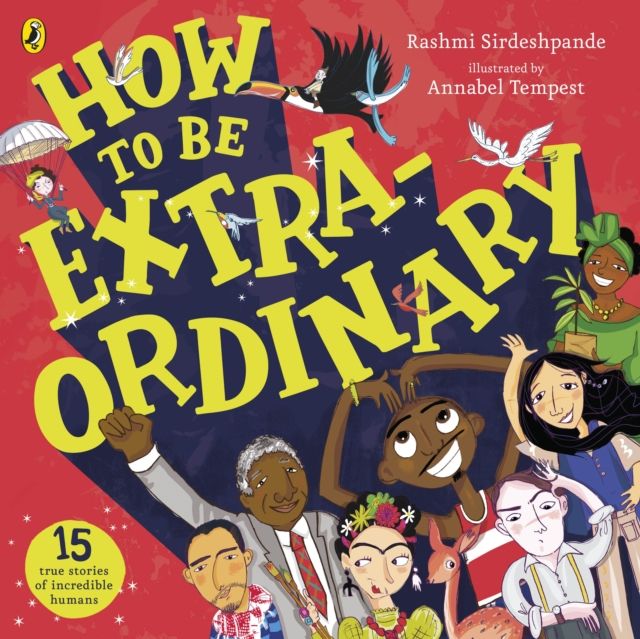
Image Credit: Pinterest
11. I Am Albert Einstein (from the Ordinary People Change the World series)
Author: Brad Meltzer
Why Your Child Should Read It
It’s a gentle biography that shows a young Einstein, curious and imaginative, discovering the world. It teaches that greatness starts small and inspires confidence, curiosity, and wonder.
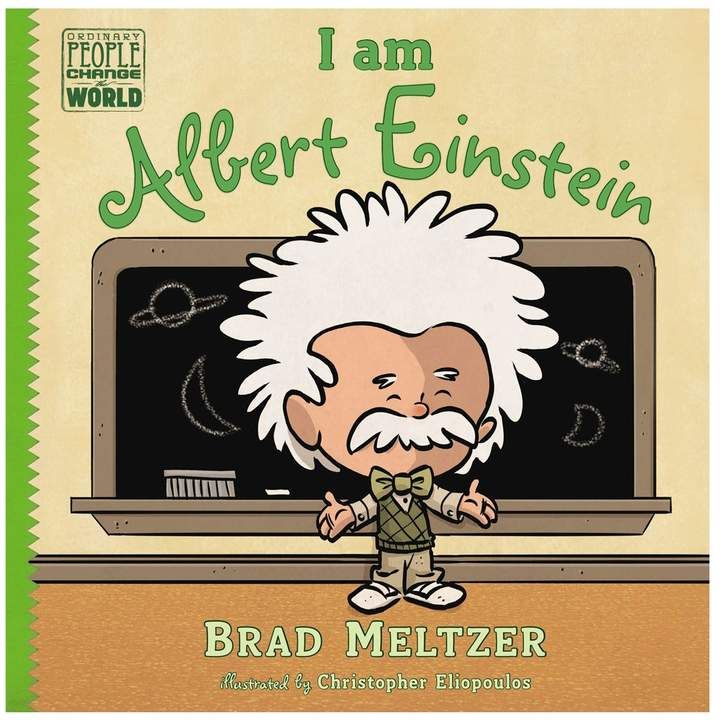
Image Credit: Pinterest
12. Freedom in Congo Square
Author: Carole Boston Weatherford (illustrated by R. Gregory Christie)
Why Your Child Should Read It
Freedom in Congo Square is a fantastic book chosen as the New York Times Best Illustrated Book of 2016. It is a rhyming children’s book about enslaved people in New Orleans who found joy and freedom through music and dance at Congo Square. The colourful illustrations in the book show pictures of people singing, dancing, and celebrating as they embrace their culture and keep it alive. This is a highly educational book for children and would be fantastic to read in the classroom or at home.
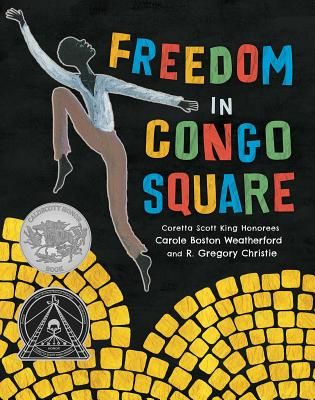
Image Credit: Pinterest
13. Locomotive
Author: Brian Floca
Why Your Child Should Read It
Chooo! Chooo! Chooo! As much as your kiddo loves to play with their toy train, there is an equally educational book that will maintain their interest: the book Locomotive. It’s a beautifully illustrated journey aboard an early steam train, full of sights, sounds, and history. Thrilling and educational, the book combines transport history with sensory storytelling.
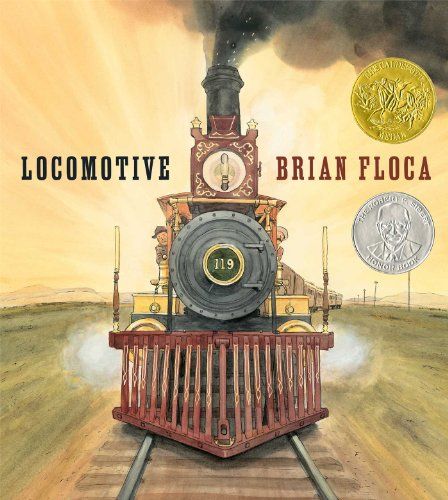
Image Credit: Pinterest
14. Down, Down, Down: A Journey to the Bottom of the Sea
Author: Steve Jenkins
Why Your Child Should Read It
If your kiddo is a water baby, or simply put, loves to engage with water more than toys, then this book will certainly pique their curiosity in the right direction and keep them engaged. This book is a captivating deep-sea voyage showcasing colourful sea creatures and ocean layers. Encourages exploration of the underwater world and fosters a discovery spirit.
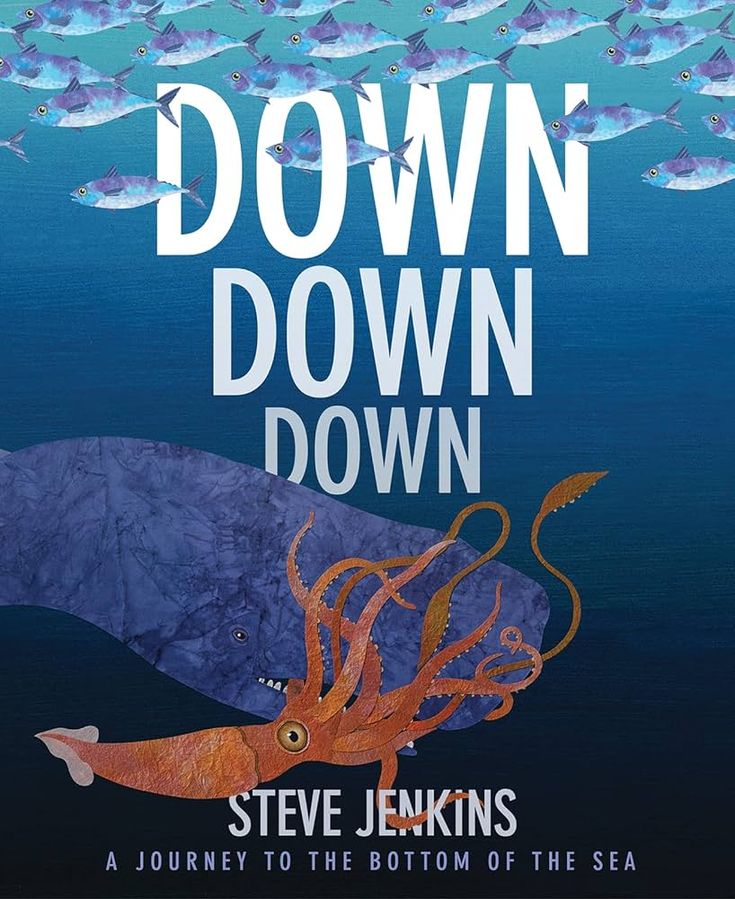
Image Credit: Pinterest
15. The Boy Who Harnessed the Wind (Young Reader’s Edition)
Author: William Kamkwamba
Why Your Child Should Read It
The Boy Who Harnessed the Wind is an inspiring memoir of innovation and perseverance. This real-life story shows how one boy’s creativity brought electricity to his village. Indeed, an empowering read for future problem-solvers and noble citizens.
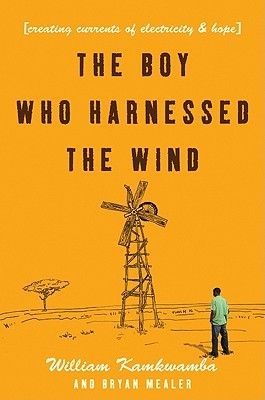
Image Credit: Pinterest
16. What If?
Author: Randall Munroe
Why Your Child Should Read It
Is your little one a prodigy of ‘What?’ ‘Why?’ ‘How?’ and ‘When?’ If yes, you need to grab this awesome book. The book ‘What If’ combines hilarious hypothetical questions with real science answers. This clever book engages logic, laughter, and wonder, making STEM irresistibly fun.
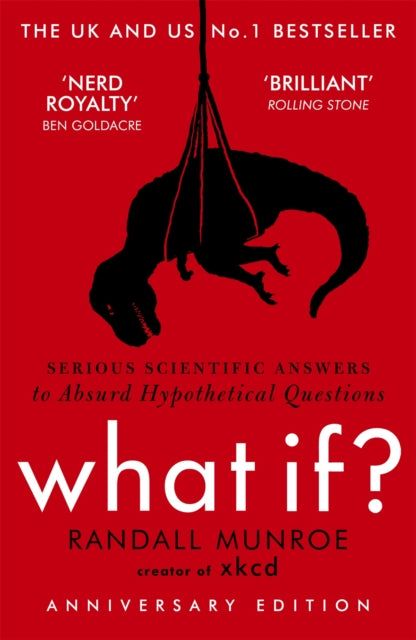
Image Credit: Pinterest
17. The How and the Wow of the Human Body
Author: Creators of Wow in the World
Why Your Child Should Read It
Packed with comics, weird facts (yes, even about poop!), and scientific insights, this book makes learning about the human body hilariously awesome, making it great for young science fans.
18. Humongous Fungus
Author: Lynne Boddy
Why Your Child Should Read It
Fungi come in sizes (big and microscopic), some can be incredibly deadly, and some kinds even turn ants into zombies! Yes, the last bit is absolutely true! This book is a big, bold dive into fungi that thrills with fascinating facts, stunning images, and surprises about the world beneath our feet; perfect for curious nature lovers.
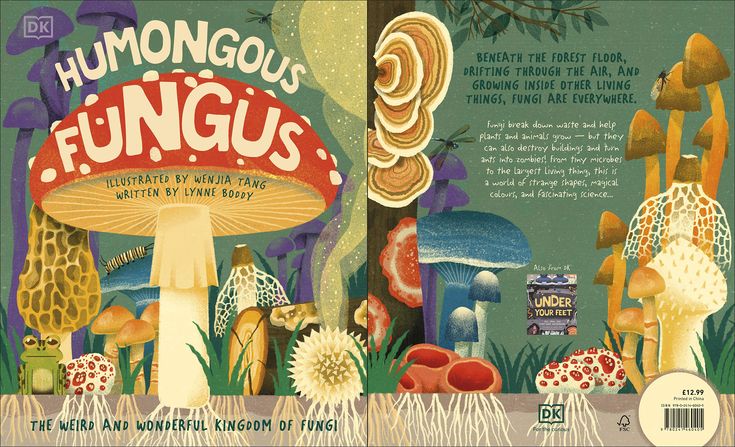
Image Credit: Pinterest
19. Honeybee: The Busy Life of Apis Mellifera
Author: April Pulley Sayre
Why Your Child Should Read It
Did you know that bees are one of the biggest pollinators in the world, responsible for pollinating 110 crops and above that we consume every day. Fascinating, isn’t it? For more mind-blowing information about bees, you can try reading ‘Honeybee: The Busy Life of Apis Mellifera.’ Poetically written and richly illustrated, this book follows a honeybee’s life journey while teaching about the vital role bees play in nature.
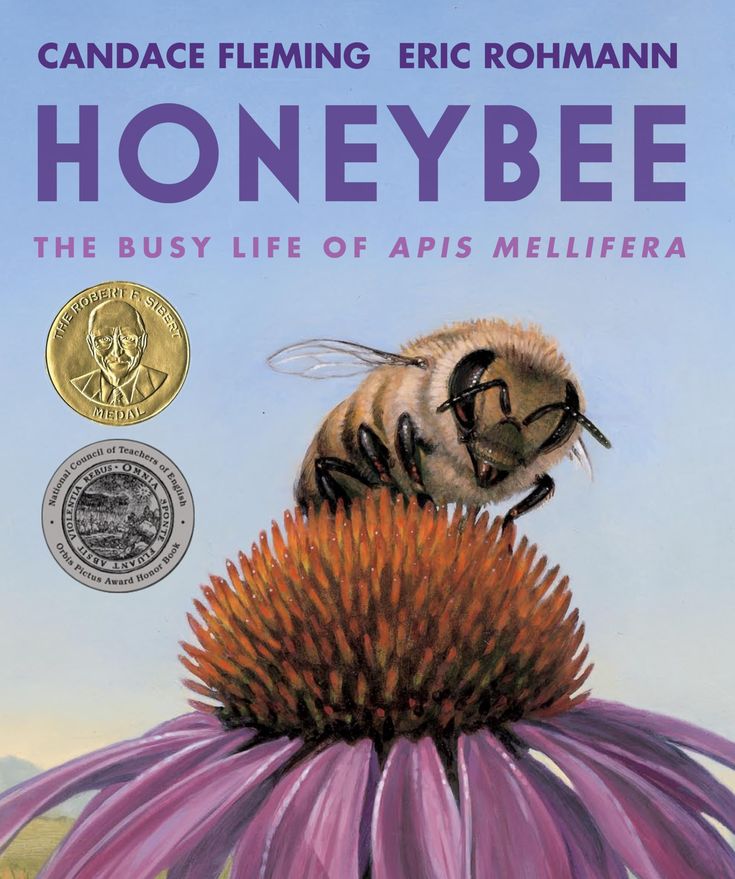
Image Credit: Pinterest
20. Worst of Friends
Author: Suzanne Tripp Jurmain
Why Your Child Should Read It
This witty picture book explores the real-life friendship and rivalry between Thomas Jefferson and John Adams, blending humour and history to make learning about America’s founders fun and accessible. The life instances between two important people in American history are a great start to introduce your little one to American history and its facets.
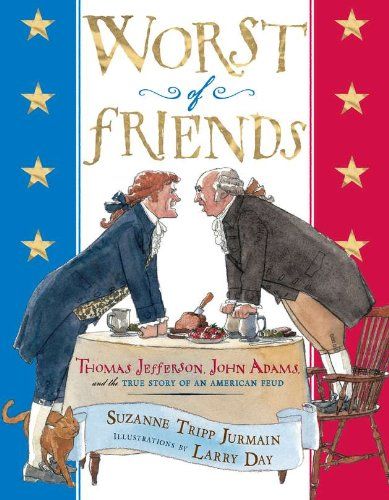
Image Credit: Pinterest
21. Grand Canyon
Author: Jason Chin
Why Your Child Should Read It
Grand Canyon by Jason Chin offers stunning visuals, die-cuts, and immersive storytelling to guide young readers through geology, fossils, and ecosystems, turning natural history into a vivid adventure. If your little one has a knack for playing in the sand and learning about the earth, this book can be an impressive gift of learning.
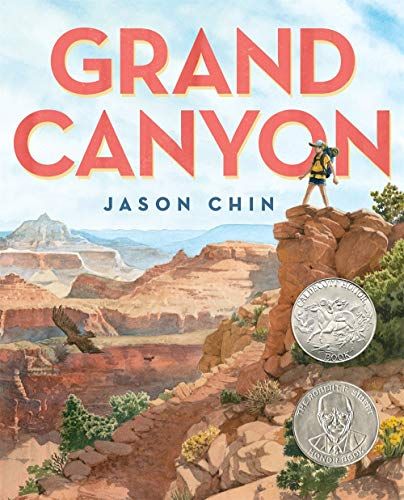
Image Credit: Pinterest
22. Hidden Figures
Author: Margot Lee Shetterly (Children’s Edition)
Why Your Child Should Read It
This iconic book celebrates the unsung brilliance of Black female mathematicians who fueled NASA’s early space missions. It’s an impactful story of science, history, and representation.
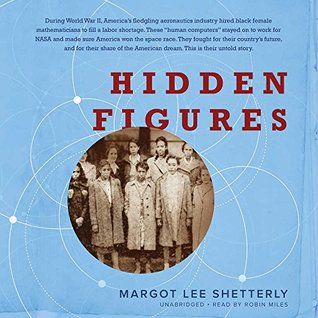
Image Credit: Pinterest
FAQs
1. Why are non-fiction books good for children?
Non-fiction books help children explore real facts, history, science, and the world around them in an engaging way. They encourage curiosity, critical thinking, and a love for learning.
2. At what age can children start reading non-fiction books?
Kids as young as 5–6 years old can enjoy non-fiction books with pictures and simple text. As they grow, they can move on to chapter-based non-fiction covering history, biographies, and science topics.
3. How do I keep my child interested in non-fiction books?
Most children’s non-fiction includes colourful illustrations, fun facts, real-life stories, and interactive elements like diagrams or activities, making learning exciting instead of overwhelming.
4. Which non-fiction topics are most popular for kids?
Children love non-fiction books about animals, space, famous people, inventions, nature, and history. These topics connect with their natural curiosity and expand their knowledge.
These were some non-fiction books that you can buy for your child. But the list does not end here. You can explore more and purchase other non-fiction books for your child that he will love to read. Books give us the freedom to imagine and do things that may seem impossible in real life. Books inspire kids, and the stories serve as a motivating factor for them to do something different. So buy lots of books for your child and let them read. They will never be bored!
Also Read:
Mystery Books for Children
Best Sci-Fi Books for Children
Children’s Animal Books
Amazing Historical Books for Kids
Was This Article Helpful?
Parenting is a huge responsibility, for you as a caregiver, but also for us as a parenting content platform. We understand that and take our responsibility of creating credible content seriously. FirstCry Parenting articles are written and published only after extensive research using factually sound references to deliver quality content that is accurate, validated by experts, and completely reliable. To understand how we go about creating content that is credible, read our editorial policy here.






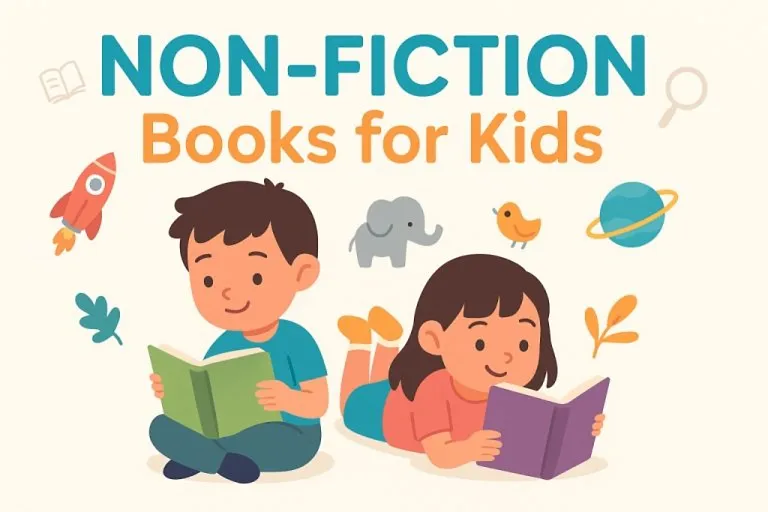
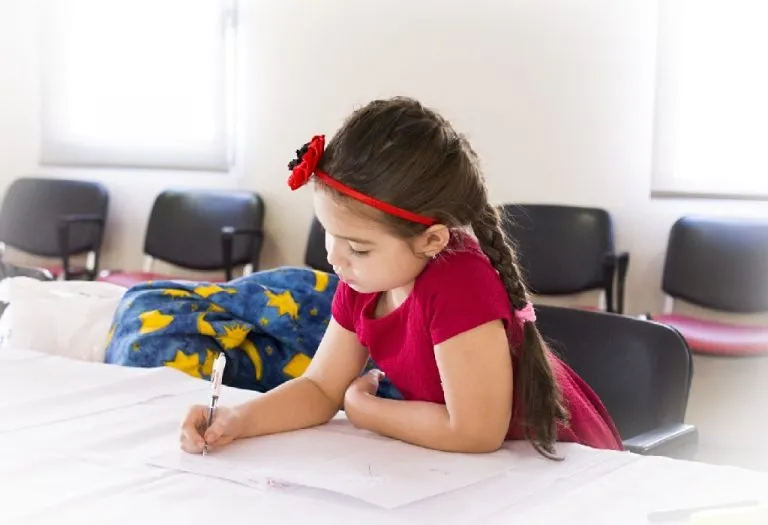
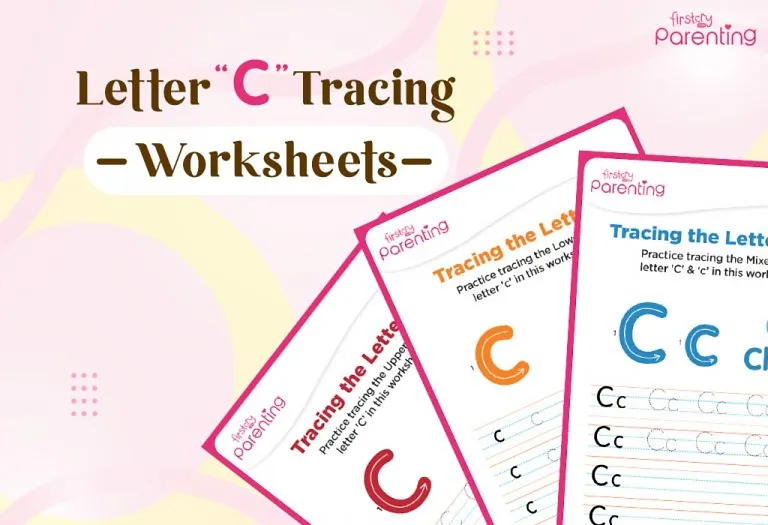
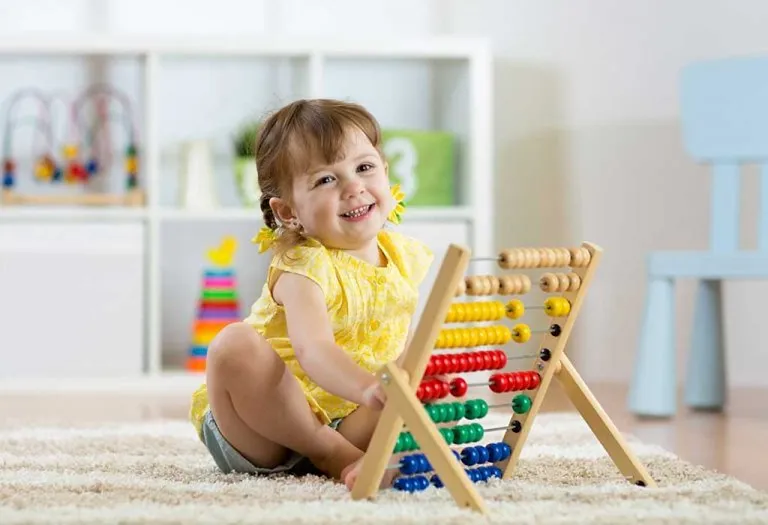
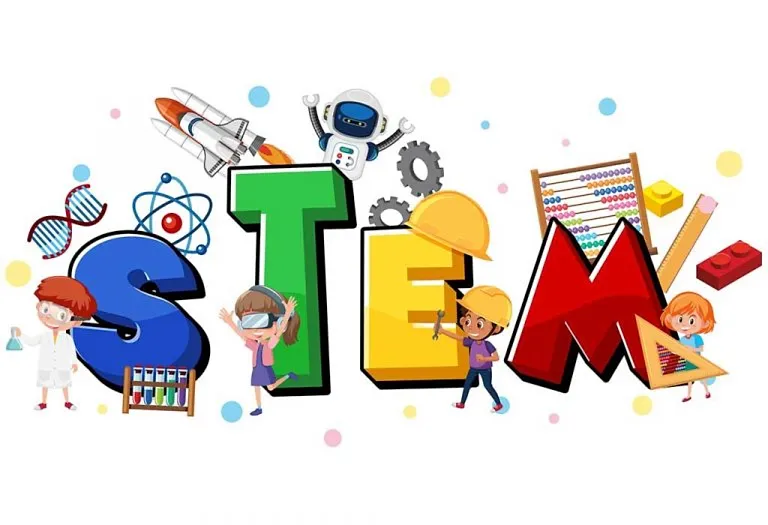
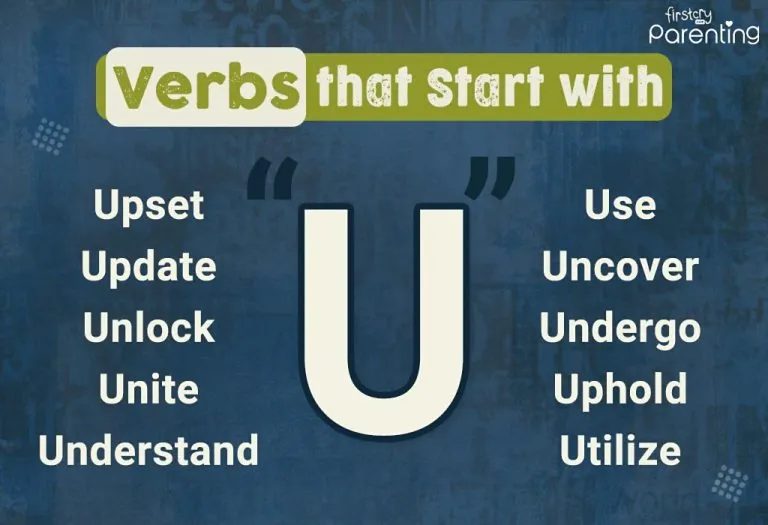
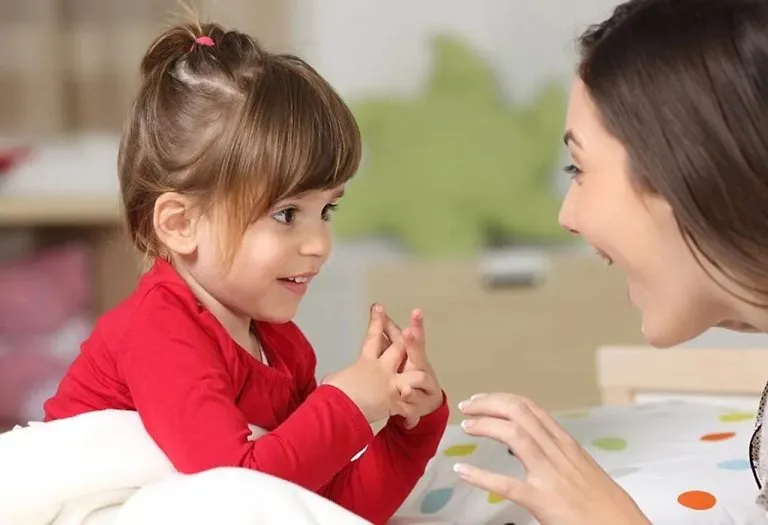

.svg)
















